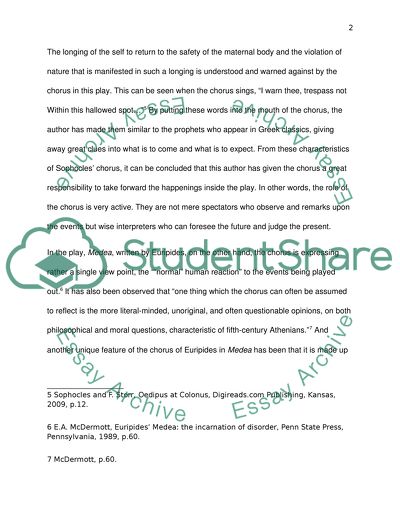Cite this document
(“Examine the Role of the Chorus in Plays Essay Example | Topics and Well Written Essays - 2500 words”, n.d.)
Retrieved from https://studentshare.org/literature/1448229-examine-the-role-of-the-chorus-in-two-or-more
Retrieved from https://studentshare.org/literature/1448229-examine-the-role-of-the-chorus-in-two-or-more
(Examine the Role of the Chorus in Plays Essay Example | Topics and Well Written Essays - 2500 Words)
https://studentshare.org/literature/1448229-examine-the-role-of-the-chorus-in-two-or-more.
https://studentshare.org/literature/1448229-examine-the-role-of-the-chorus-in-two-or-more.
“Examine the Role of the Chorus in Plays Essay Example | Topics and Well Written Essays - 2500 Words”, n.d. https://studentshare.org/literature/1448229-examine-the-role-of-the-chorus-in-two-or-more.


